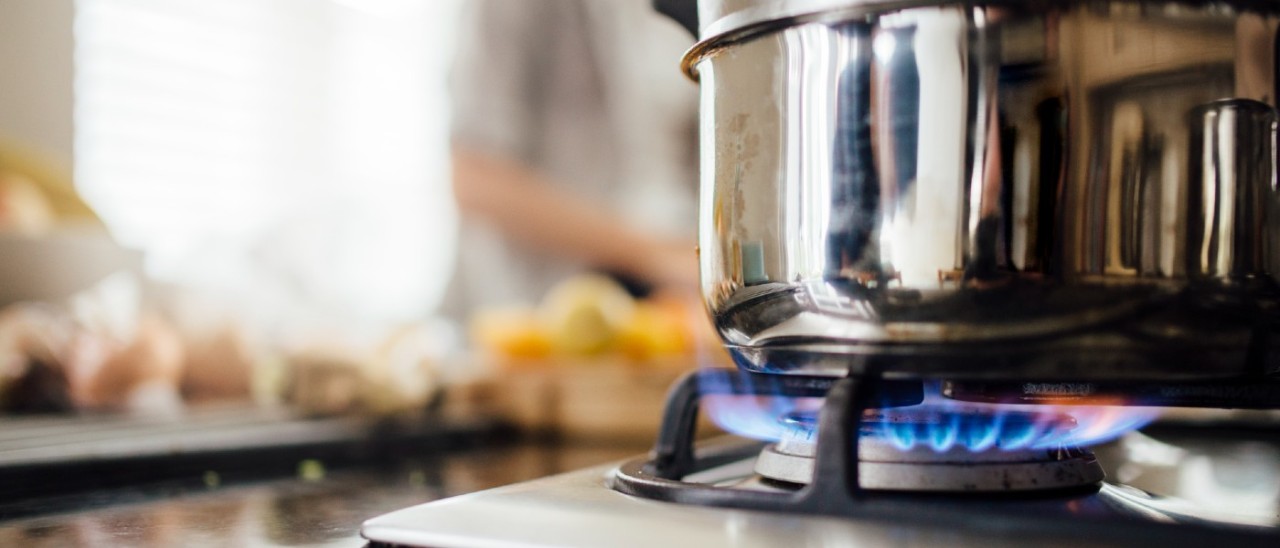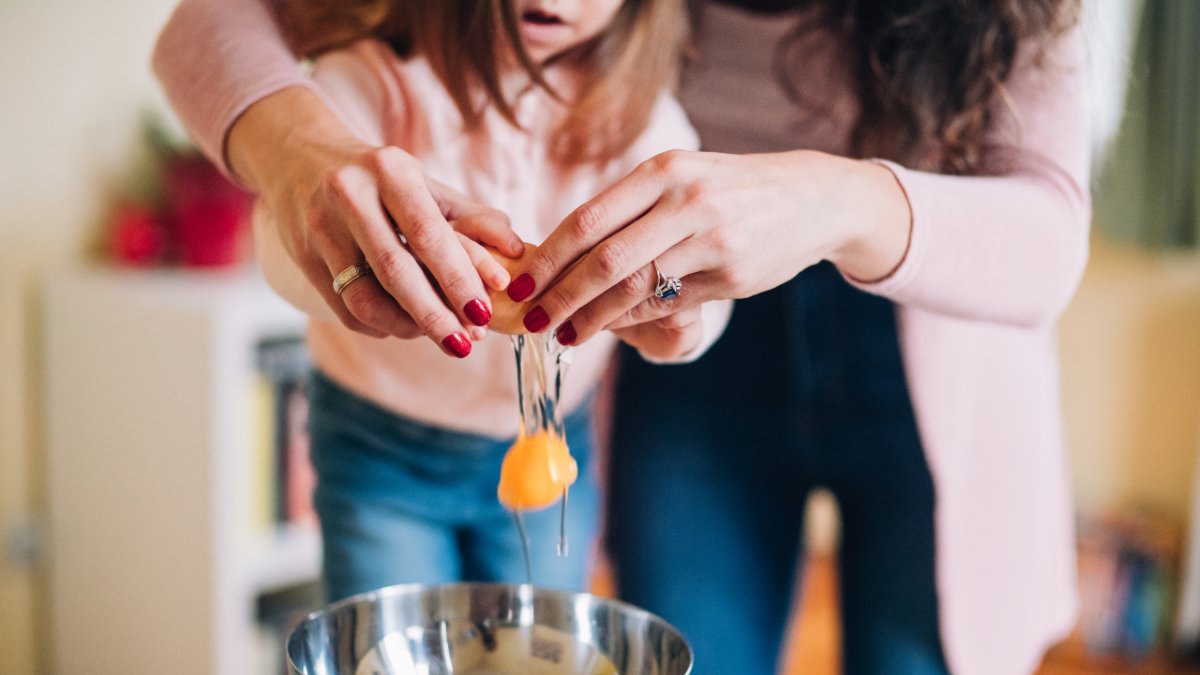Summer is peak season for storms in Melbourne and Victoria. Here's why they happen and how you can protect your home.
Guide to kitchen cooking fire prevention and safety

Kitchens are one of the most common locations for fires to start in the home, with cooking being one of the leading kitchen fire causes. Here's how to prevent a kitchen fire in your home.
It doesn't matter whether you're a homeowner or renter, it's important to be vigilant about fire safety in the kitchen. During 2023, the Country Fire Authority (CFA) responded to 250 fires across Victoria that started in the kitchen, with unattended cooking being one of the main causes.
"We know that 6pm is the peak time for fires, and most are due to unattended cooking or mechanical failure," said CFA Chief Officer Jason Heffernan. "While most fatal fires occur in sleeping areas, it is important to note that most residential fires start in the kitchen."
Kitchen fires can cause serious damage to your home as well as injury. Make sure you have a working smoke alarm in the kitchen. If you're renting, Consumer Affairs Victoria advises that the onus is on the rental provider to ensure the property is appropriately fitted with smoke alarms.
Here are seven tips to help you reduce the risk of a kitchen fire and avoid property damage and endangering lives.
Common causes of kitchen fires
Unattended cooking is the primary cause of fires starting in the kitchen, but it’s not the only catalyst. Frayed wiring, overloaded power points or faulty appliances such as ovens, stovetops and toasters are all capable of starting kitchen fires.

Many kids enjoy helping out in the kitchen, but it's important they're supervised at all times. Image: Getty
7 tips to reduce the risk of a kitchen fire
While you should never be complacent around hot stoves of any kind, induction models can be safer than gas because there is no open flame. Image: Getty.
The information provided is general advice only. Before making any decisions please consider your own circumstances and the Product Disclosure Statement and Target Market Determinations. For copies, visit racv.com.au. As distributor, RACV Insurance Services Pty Ltd AFS Licence No. 230039 receives commission for each policy sold or renewed. RACV Home Insurance issued by Insurance Manufacturers of Australia Pty Ltd ABN 93 004 208 084 AFS Licence No. 227678.


